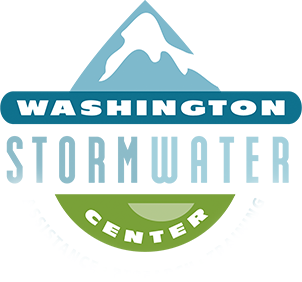The Washington Stormwater Center—in partnership with the City of SeaTac, with funding provided by the Washington State Department of Ecology—held Washington State Municipal Stormwater Conference, now referred to as MuniCon 2019.
Materials and Recordings
Abstract - Inspection Practices Under The Western Washington Phase II NPDES Stormwater Permit
City of Bellevue, Surface Water and Water Quality: Todd Dahlberg, Water Quality Supervisor; Mike Krueger, Storm & Surface Water Superintendent; Jerry Campbell, Stormwater Inspector; Brian Miller, Private Drainage Inspector
The session will review private drainage inspection practices, as well as different types of inspections (municipal, industrial, residential, etc). Discussions will center on inspection techniques in the field, customer interactions, and ways to help customers comply with inspection requirements. Additional topics of interest include the different types of municipal facilities requiring inspections, how to perform the inspections, what inspectors are looking for, and how they classify it for follow up, including whether the maintenance activity is subject to a permit timeline.
This topic will discuss:
- Importance of inspections
- The intent of inspections under the NPDES permit
- Overview of permit requirements
- Interpretation of related maintenance standards
Abstract - Stormwater Management Manual For Eastern Washington
Doug Howie, Department of Ecology
The Stormwater Management Manual for Eastern Washington (SWMMEW) has been in place since 2004. In 2018, Ecology, along with a steering committee made up of permittees throughout eastern Washington updated the manual. The 2019 version of the SWMMEW corresponds to the requirements in the 2019 permit.
This class will provide a guide to the 2019 SWMMEW including:
- Discussion around where the document retained the language from the 2004 version and where it has changed,
- Guidance on how to distinguish between using the requirements for new and redevelopment described in the eight Core Elements and when to follow the UIC Rule,
- Guidance on how to interpret the requirements in the eight Core Elements,
- How Source Controls relate to commercial and industrial sites,
- The 13 elements of the Construction SWPP
- Questions from the participants that aren’t directly addressed during the talk.
Abstract - Illicit Connection And Illicit Discharge (IC/ID) Field Screening And Source Tracing Training
Rebecca Dugopolski, Herrera Environmental Consultants; James Packman, Aspect Consulting
This training will provide an overview of field methods for detecting and tracing sources of illicit discharges (ID) and illicit connections (IC). The training content will be based on the 2013 IC/ID Field Screening and Source Tracing Guidance Manual and will include some of the changes that are proposed for the update to the IC/ID Field Screening and Source Tracing Guidance Manual due to be published in late 2019.
This training will include the following hands-on components:
- Team exercise: Work with your team to trace illicit discharge source(s). Can you find the illicit discharge(s) and spend less money than the other teams?
- Field equipment demo stations: Practice using test kits and test strips at 10 different stations: ammonia, color, pH, turbidity, chlorine/fluoride, surfactants, hardness, nitrate, dye testing, and smoke testing.
- Proper sampling techniques: Discuss strategies and considerations for collecting catch basin/maintenance hole water samples and/or surface water samples.
Abstract - Education And Outreach | Social Marketing: What Are The Principles For Success
Nancy Lee, Social Marketing Services, Inc.
Sponsored by King County This half-day workshop will begin by defining and distinguishing the Social Marketing option for citizen behavior change. A Ten-Step Framework for developing a strategic social marketing plan will be shared and—for each step—a description, case study, and principle for success will be presented. Attendees will have an opportunity to draft key components of a plan to address a citizen’s behavior change effort of an individual or team interest, including selecting a priority audience, desired behavior, and identifying potential audience barriers and benefits to be addressed.
Case Studies Panel (moderated by Nancy Lee)
- Cammy Mills, Kitsap County Public Works: Audience Research on the Cheap
- Dave Ward, Kitsap County Department of Community Development: Social marketing to improve your internal programs
- Mary Rabourn, King County: Basic steps for multicultural projects
- Heather Trim, Zero Waste Washington: Evaluation basics


